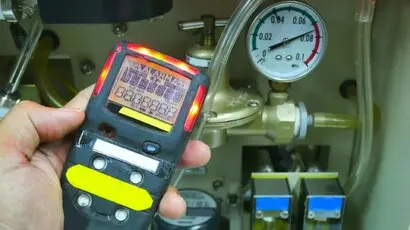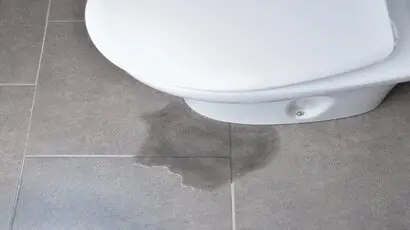Gas Leak Emergency: Steps to Ensure Safety and Minimise Hazards
Discover crucial steps to take in the event of a gas leak emergency, ensuring the safety of your loved ones and your property.
These days, having a dependable water supply is something many of us hardly think about. We count on water for everything, whether it’s drinking, cooking, or maintaining personal hygiene and sanitation. It’s such an integral part of our daily routine.
But have you ever wondered what would occur if this seemingly endless stream of water just stopped? Although it’s uncommon, a complete water supply failure isn’t unheard of. Natural disasters, infrastructure breakdowns, or unexpected events can all disrupt the flow, leaving us without this crucial resource.
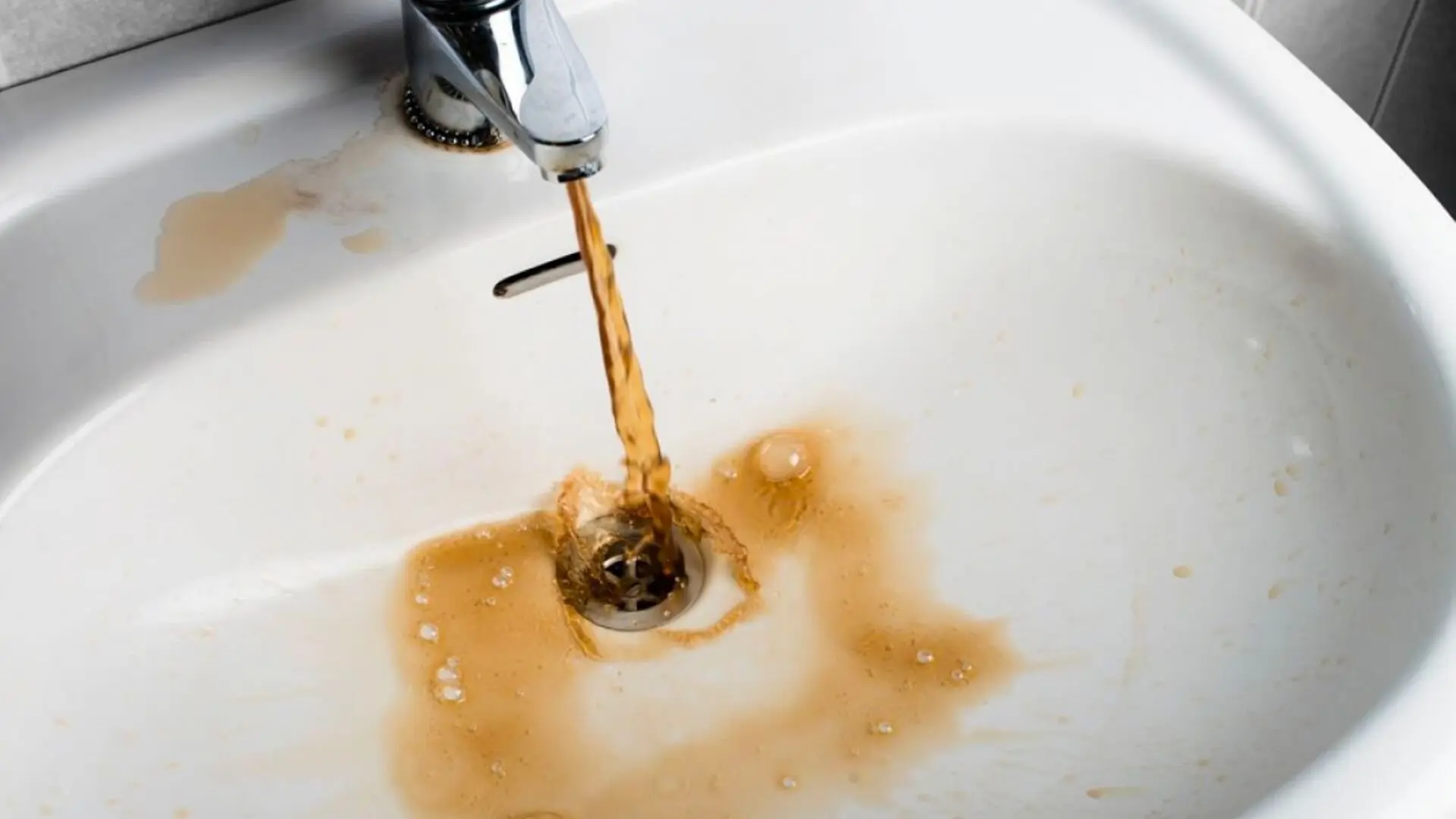
In this blog, we dive into the tough situation of a complete water supply failure and share vital tips and strategies to help you through it. From saving and purifying water to finding alternative sources and planning for emergencies, we’ll guide you step by step, so you’re ready to make smart decisions and take the right actions when things get tough.
So, let’s explore the practical measures you can take to secure your water needs and safeguard your well-being during an unexpected water crisis.
A water supply failure can have far-reaching consequences beyond the inconvenience of not having readily available water. The impact can be both immediate and long-term, affecting various aspects of our daily lives.
Firstly, a lack of clean drinking water poses a significant health risk. Without proper hydration, our bodies become vulnerable to dehydration, leading to fatigue, dizziness, and even life-threatening conditions in severe cases.
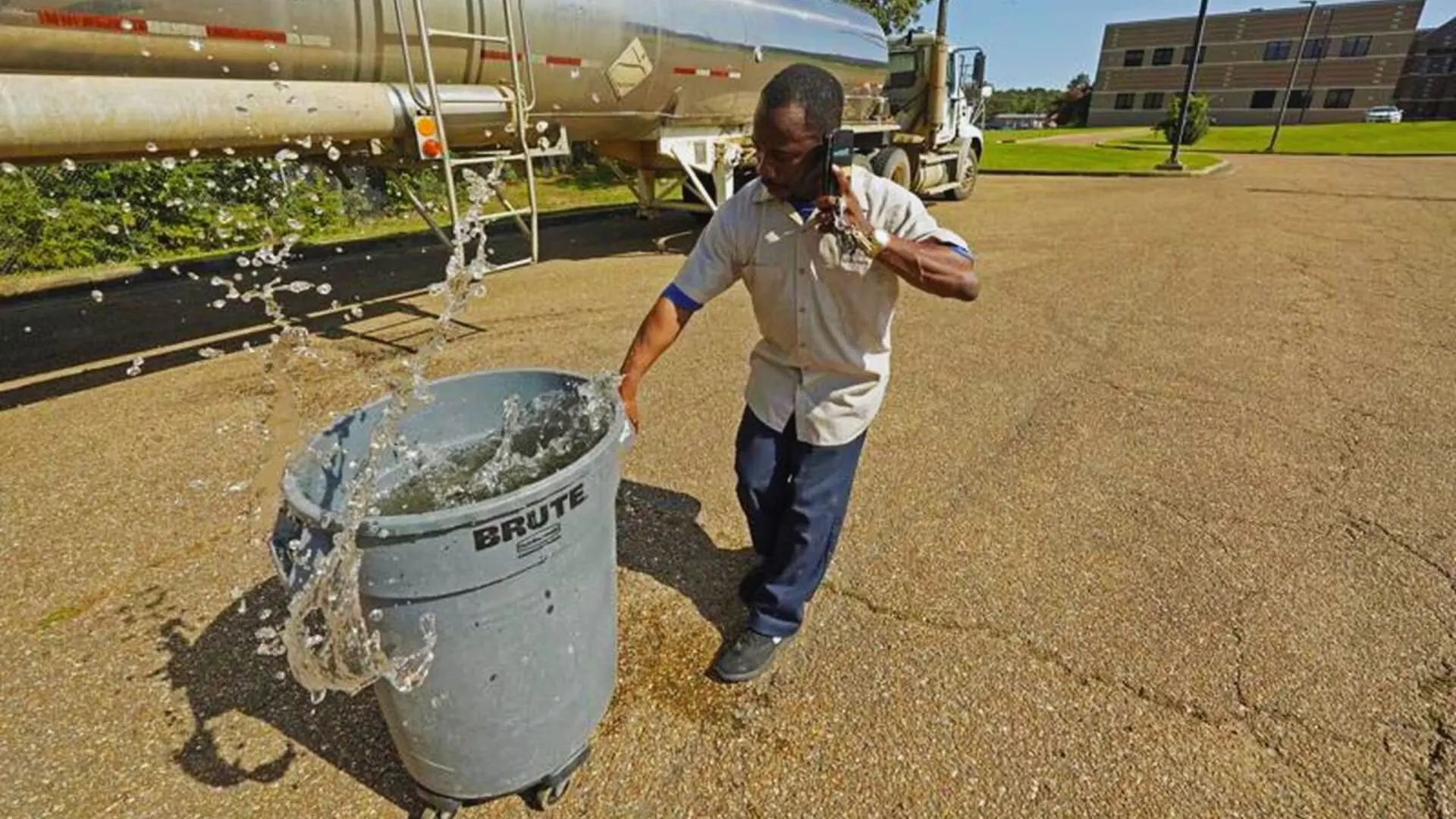
Additionally, water plays a crucial role in maintaining personal hygiene and sanitation, and its absence can increase the risk of the spread of diseases and infections. Furthermore, industries and businesses reliant on water for production and operation may face disruptions, leading to economic losses and potential job cuts.
Agricultural activities, too, may suffer, jeopardising food production and supply chains. Finally, the psychological and emotional toll of living without water can be immense, as it disrupts our sense of security and well-being.
Grasping the complex impact of water supply failures is crucial for understanding why proactive measures are so important. It’s all about ensuring we remain resilient when faced with these challenging situations.
We often don’t realise how essential water supply is until it’s disrupted. Clean, reliable water is a basic need, and when it’s unavailable, the consequences can be severe. Many factors can lead to water supply failures, whether in urban centres or rural areas, resulting in inconvenience, health risks, and economic setbacks.
Understanding these common causes is essential for proactively managing and maintaining water infrastructure. This section will explore ten of the most prevalent reasons behind water supply failures.
Many water supply systems worldwide must be updated, leading to leaks, pipe bursts, and reduced water quality.
The corrosion of water pipes and water treatment equipment can introduce contaminants into the water supply and compromise the system’s integrity.
Prolonged periods of drought can deplete water sources, making it challenging to meet the demands of communities and agriculture.
Pollution from industrial, agricultural, and urban sources can contaminate water sources, rendering them unsafe for consumption.
Floods, earthquakes, hurricanes, and wildfires can damage water infrastructure, disrupting the supply and compromising water quality.
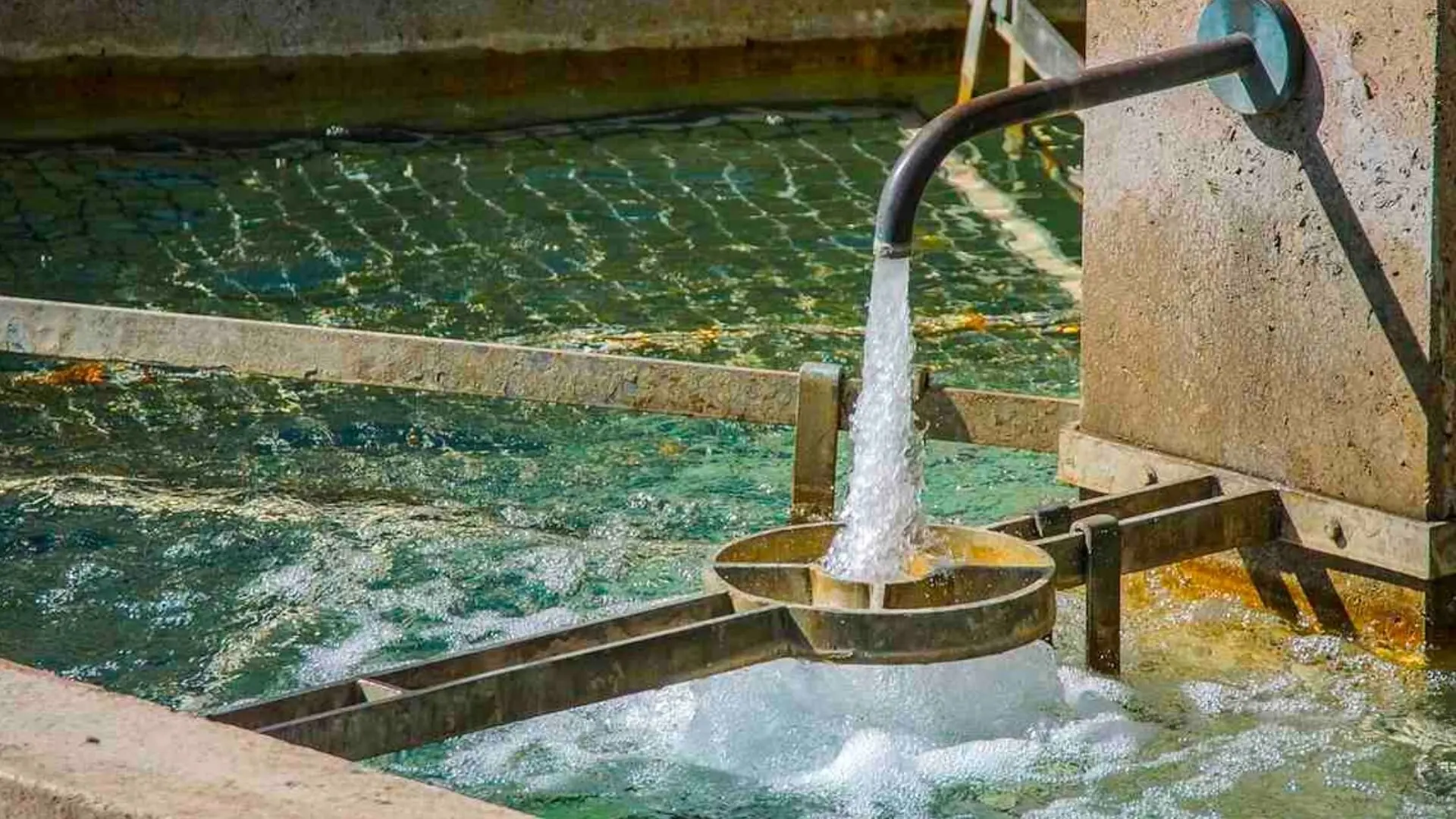
Rapid urbanisation and population growth can strain existing water supply systems, leading to shortages and water pressure drops.
A lack of regular or planned maintenance work and upkeep can result in the deterioration of infrastructure components, increasing the risk of failures.
Unauthorised access to water supply infrastructure and illegal connections can reduce pressure and compromise water service for legitimate users.
Water treatment and distribution systems often rely on electricity, making them vulnerable to interruptions during power outages. Also, see if the water is off in your area.
Check if your stop tap has been turned off accidentally. That’s the main tap near your water meter. It may look like a standard tap or a lever. Turn it in the direction of the arrow till you feel resistance.
Changing weather patterns, including extreme rainfall and temperature variations, can affect the availability and quality of water sources, making supply less predictable.
Intrusion of contaminants, such as bacteria, viruses, or chemicals, into the water supply can lead to health risks and service interruptions.
Identifying a water supply failure is crucial for prompt response and resolution. Signs of water supply problems can include low or no water pressure, discolour or bad smell from the tap water, sudden and unexplained fluctuations in water temperature, or even no water flow.
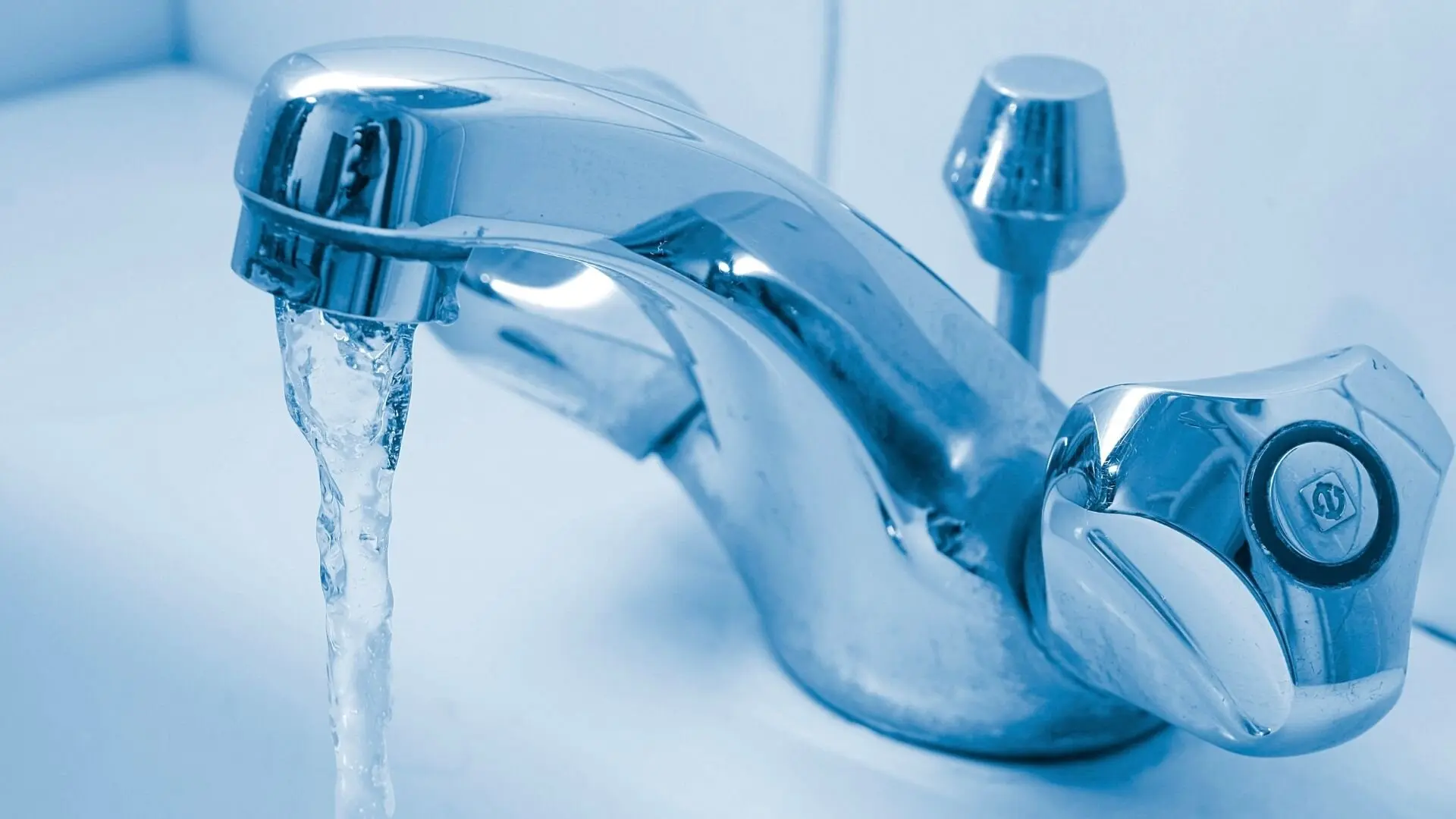
In some cases, unusual noises like hissing or gurgling within water pipes may also indicate issues within the water distribution system. Additionally, a fault report from neighbours or local authorities about water supply disruptions can provide valuable clues.
It’s essential to stay vigilant and promptly report any unusual water-related issues to the relevant authorities or utility providers. Early detection can help prevent further complications and ensure the timely restoration of a reliable water supply.
Swift and well-informed actions can significantly minimise inconvenience and health risks during a water supply emergency. Here are ten essential steps to take in the event of such an emergency:
Stay informed by listening to local news, checking official websites, or using emergency alert systems to receive information about the nature and extent of the water supply issue.
If the water supply is disrupted for an extended period, fill containers with clean water for drinking, cooking, and hygiene purposes. If you encounter a chlorine smell, fill a jug with water and allow it to stand for a few hours, dissipating the chlorine.
If advised or if water quality is questionable, boil tap water for at least one minute before using it for consumption, cooking, or brushing teeth.
Conserve water sparingly for essential activities like drinking, cooking, and personal hygiene. Avoid activities that require large amounts of water. This could also mean limiting water use, minimising the use of washing machines, and taking quick showers instead of prolonged baths.
Locate nearby water sources, such as streams or lakes, that may be used for non-potable purposes. Ensure you know how to purify such water if necessary.
Inspect your property for visible water leaks and promptly address them to conserve water and prevent further damage.
Report the water supply emergency to your local utility provider or water authority. Please provide them with as much information as possible to help expedite repairs.
Practice good hygiene using hand sanitiser and disposable wipes if water for handwashing is limited. Ensure any sanitation facilities are adequately maintained.
If you’re in a position to help, check on elderly neighbours, individuals with disabilities, or those who may have difficulty accessing clean water during an emergency.
Be prepared for the possibility that the water supply issue may last longer than expected. Have a plan for managing your water needs over an extended period, including using water purification methods if safe water sources are available.
Safeguarding our water supply is paramount to ensuring communities’ well-being and ecosystems’ sustainability. As we confront increasing challenges such as population growth, climate change, and aging infrastructure, we must take proactive measures to prevent future water supply failures.
First and foremost, investing in rehabilitating and maintaining existing water infrastructure is crucial. Many water systems worldwide suffer from decades of neglect, leading to leaks, bursts, and inefficiencies. Regular inspections, repairs, and upgrades can significantly extend the lifespan of the water network and treatment facilities, ensuring a consistent and reliable water supply.
Furthermore, it is essential to embrace innovative technologies that can enhance water management and conservation. A smart water meter, for instance, provides real-time data on water consumption, allowing both utility providers and consumers to promptly identify and address leaks and excessive water use. Similarly, advanced sensors can monitor water quality and detect contaminants, preventing the distribution of unsafe water.
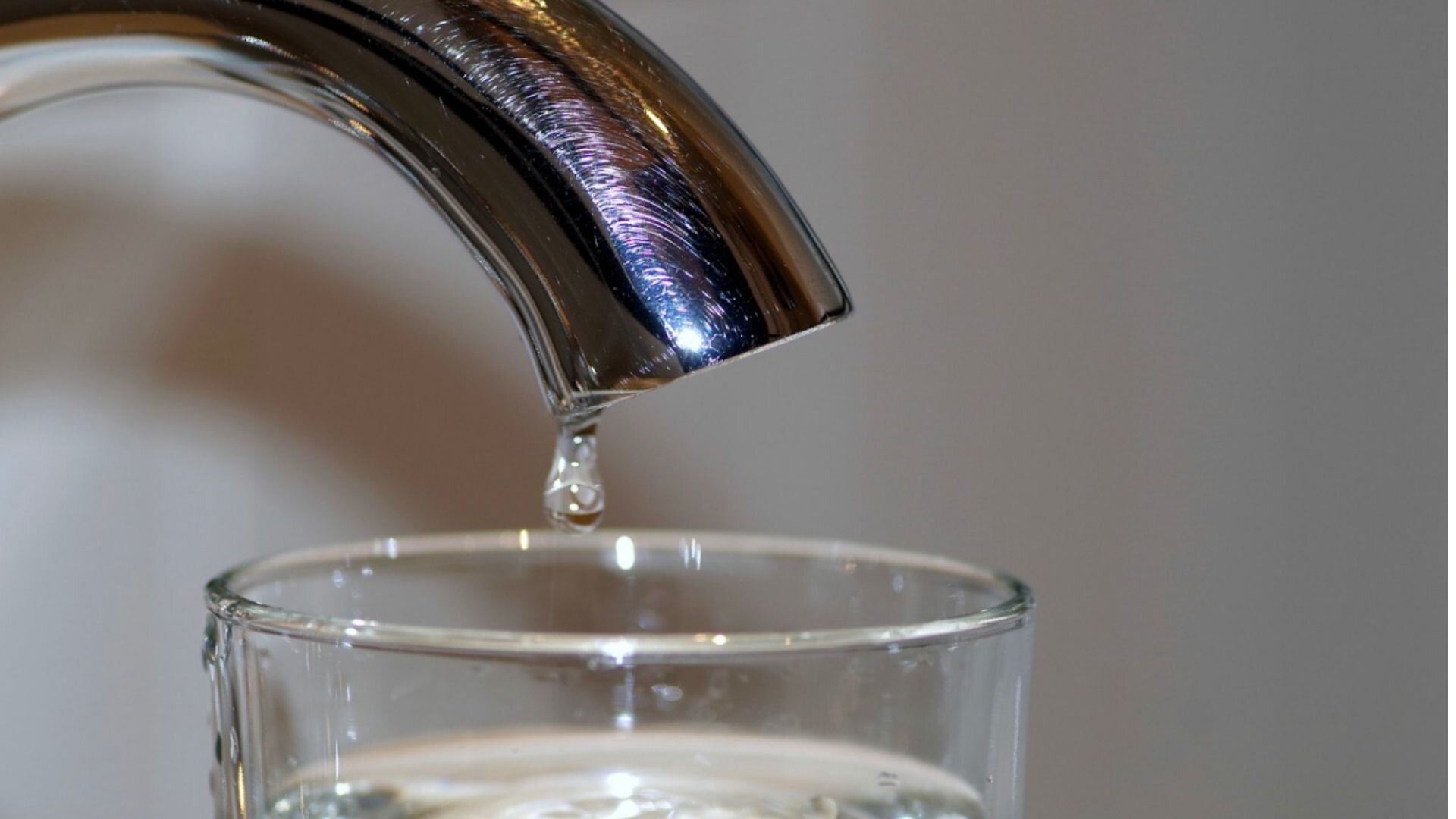
The sustainable management of water resources is another critical aspect of preventing supply failures. Developing and implementing comprehensive water resource management plans can help ensure a consistent supply in the face of climate variability and increasing demand. This involves protecting watersheds, promoting water reuse and recycling, and employing efficient agricultural irrigation techniques.
Public awareness and education are vital in water conservation and pollution prevention. Educating individuals and businesses about water conservation and responsible wastewater disposal can significantly reduce water usage and pollution levels. Local governments and water utilities can also incentivise water-saving practices through pricing structures that encourage responsible consumption.
Additionally, implementing emergency preparedness and response plans is essential. While it’s impossible to prevent all water supply failures, having strategies in place to mitigate their impact can make a substantial difference. These plans should include contingency measures, such as backup water sources, temporary storage, and distribution systems, to ensure essential water needs are met during emergencies.
Lastly, international cooperation on transboundary water resources is becoming increasingly critical. Shared water bodies often traverse political boundaries, necessitating collaborative agreements to ensure equitable access, prevent conflicts, and promote sustainable use.
Being prepared and informed is crucial in a complete water supply failure. By following the tips and strategies outlined in this blog, you can confidently navigate this challenging situation. Remember to conserve water, explore alternative sources, and prioritise your essential needs. Stay informed about emergency plans and seek out community resources that may be available during such crises.
Here at WP Plumbing, we truly get how crucial a steady water supply is and how its failure can disrupt your life. Our team of licensed plumbers is on call 24/7, ready to provide fast plumbing solutions and emergency services. Whether you need leaks fixed, backup systems installed, or just some expert advice, we’re here to help you through any water supply disruptions.
Don’t hesitate to contact WP Plumbing for any plumbing-related concerns or questions. Our skilled technicians are ready to lend a helping hand and ensure your water needs are met. Stay prepared, stay informed, and remember you have the resources and support to overcome a complete water supply failure.
Not sure whether there’s a gas leak or you’re overthinking? The most important thing you should know is how to detect gas leaks quickly and what to do if one occurs.
Learn how to address cistern leaks and prevent water waste. This blog post explains leaky cisterns’ causes, signs, and repair options. Don’t let it lead to higher bills or wasted water – check out this helpful blog.
Not sure how to detect a gas leak from your stove at home? Don’t worry; we’ve got you covered with our comprehensive and straightforward to follow guide on how to identify a gas leak from your kitchen.
